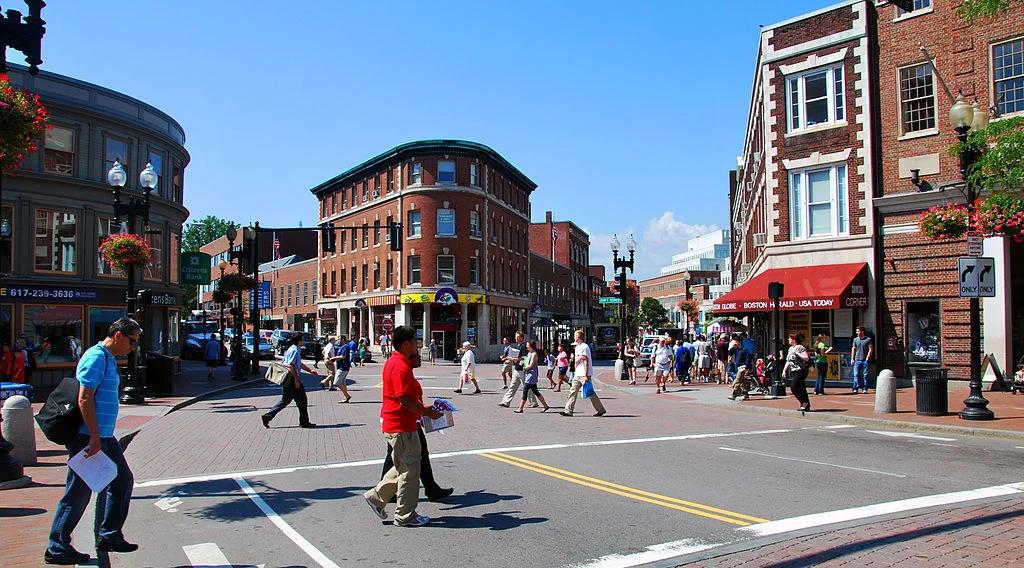How do we build Strong Towns in a culture of outrage?
Read MoreIncremental development doesn’t mean slow development. Here’s how big places that need housing fast can get there using the Strong Towns approach.
Read MoreAlmost every suburban house has one. But is the home garage an American institution or a national disgrace?
Read MoreWhen it comes to infrastructure spending, politicians on both ends of the political spectrum get it wrong—but in different ways.
Read MoreThe story of Jayme Closs should give us cause to hug our children a little tighter, but then to love them enough to send them out boldly into the world.
Read MoreNew Jersey has been using a “cap and trade” model to let single family neighborhoods buy their way out of growth for decades. Should your city follow suit?
Read MoreWhen an intersection checks all the boxes on the traffic engineer’s checklist—efficient flow, reduced crash rate, check—but remains a completely hostile place for humans, and we point that out, what happens? Often, the engineers don’t even seem to hear what we’re saying.
Read MoreThe dollar store might seem like a smaller, friendlier alternative to the big box. But its proliferation tells us something powerful about the way we build our towns.
Read MoreWhen building our cities, we have come to value efficiency over redundancy. Want to see this become a problem? Just wait until it snows.
Read MoreTulsa, OK is the latest city to offer remote workers some tempting incentives if they’ll move there for only a year. Is this a smarter approach to economic development, or do our cities need to #dothemath?
Read MoreLocal governments can’t take on more and more promises without generating enough wealth to meet those obligations—not without a reckoning. We need a radical revolution in how we plan, manage, and inhabit our cities, counties, and neighborhoods. We need a Strong Towns approach.
Read MoreHere’s Chuck Marohn’s annual list of his favorite books he read in 2018.
Read MoreThe closing of the mall’s anchor store exposes how fragile the community’s business model is, providing an opening to shift approach.
Read MoreAutomated vehicle technology will do nothing to make our streets better places to be.
Read MoreTragedy predictably occurs when our road designs combine high speeds and randomness.
Read MoreThe most important thing for a local government is to avoid ruin.
Read MoreIt is the experiences of real people that should guide our planning efforts. Their actions are the data we should be collecting, not their stated preferences.
Read MoreI don’t know why I’m an certified planner anymore. More importantly, it’s not clear to me why the world will be a better place if I am.
Read MoreIt is backward to think of a parking ramp as a catalyst for success; it is the outcome of success. There is no shortcut to building a Strong Town, but lots of rewards for the effort.
Read MoreSchool officials in my town claim our neighborhoods are too unsafe for their children to walk to school. Yet the actual key to safety lies in numbers. We need designs that make it so more, not fewer, people will choose to walk.
Read More



















